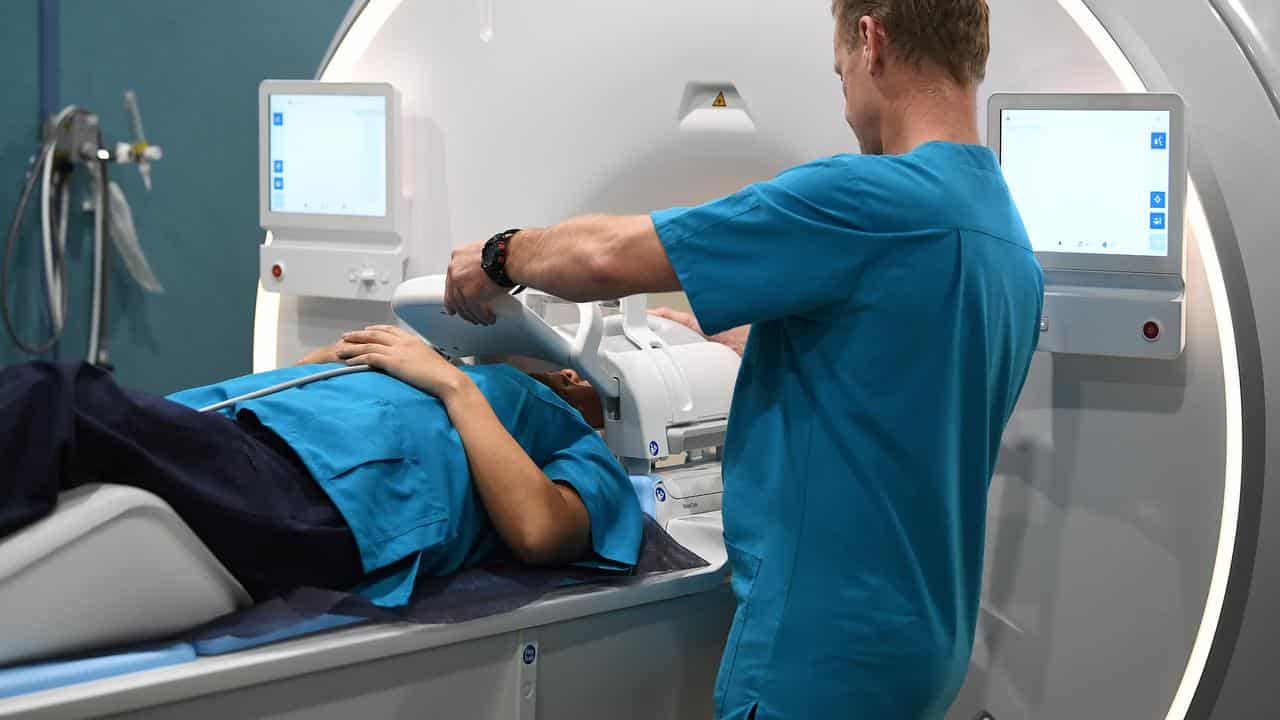
A new test promises to predict whether someone will get dementia, almost a decade before diagnosis.
An international research team, including Associate Professor Adeel Razi from Melbourne's Monash University, have developed a new method for predicting dementia with over 80 per cent accuracy.
It also allows researchers to identify dementia up to nine years before diagnosis, paving the way for proactive and personalised healthcare strategies
Different from the commonly used methods for diagnosing dementia such as memory tests or measurements of brain shrinkage, researchers have developed the predictive test by analysing functional MRI tests to detect changes in the brain's 'default mode network'.
That network connects regions of the brain to perform specific cognitive functions and is the first neural network to be affected by Alzheimer’s disease.

Associate Professor Razi, one of the study's co-authors, said previous attempts at curing Alzheimer's disease failed because clinical trials often focused on advanced stages of the disease, where the damage to brain cells was irreversible.
“Our new method for predicting who will develop dementia well in advance will be a game changer, enabling the development of therapies earlier in the disease process,” he said.
"This innovative approach bridges a critical gap in dementia diagnosis, offering a non-invasive biomarker that could transform early detection and treatment, ultimately improving patient outcomes.”
The study, led by Professor Charles Marshall from Queen Mary University of London, used functional MRI scans from more than 1100 volunteers in the UK to estimate the effective connectivity between 10 regions of the brain that constitute the default mode network.
The researchers assigned each patient with a probability of dementia value based on the new method.
The findings showed the model had accurately predicted onset of dementia up to nine years before an official diagnosis was made, and with greater than 80 per cent accuracy.
In the cases where the volunteers had gone on to develop dementia, it was also found the model could predict within a two-year margin of error exactly how long it would take that diagnosis to be made.
They also found social isolation was likely to increase the risk of dementia through its effect on connectivity in the default mode network.
"This innovative approach bridges a critical gap in dementia diagnosis, offering a non-invasive biomarker that could transform early detection and treatment, ultimately improving patient outcomes,” Associate Professor Razi said.
The research has been published in Nature Mental Health.









